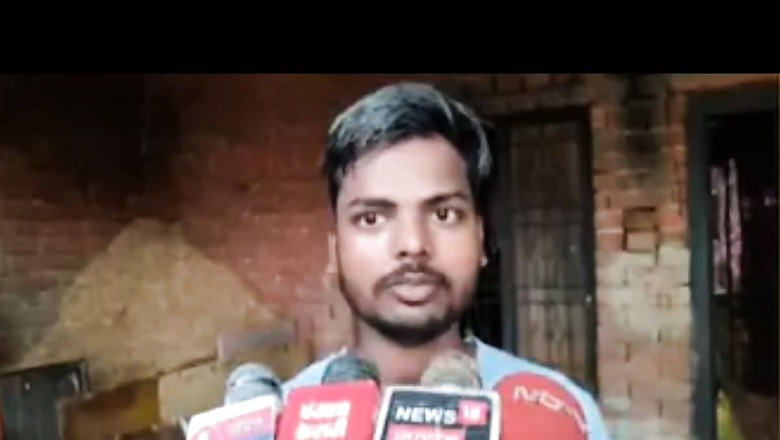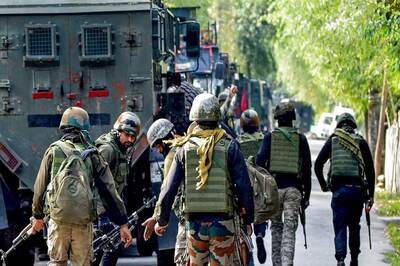
views
An 18-year-old Dalit boy’s dream of getting into IIT was shattered when he missed the deadline for paying the acceptance fee by just three minutes due to a server failure.
When the case came up before the bench of Chief Justice of India DY Chandrachud in the Supreme Court, the CJI assured him of help.
The teenager belongs to a poor family in Uttar Pradesh. The boy’s family had taken loan and raised money for his admission but could not get through owing to sheer bad luck.
Atul, a resident of Titora village in Uttar Pradesh’s Muzaffarnagar district, saw his JEE result on his elder brother’s laptop on June 9. His father works as a labourer in Meerut and is a part-time tailor.
The last date to pay the admission fees was 5pm on June 24. He managed to collect Rs 17,500, the fees, by borrowing from the villagers. However, just three minutes before the deadline, the server of the online portal stopped responding.
“When the counseling was over, I got admission in the Electrical Department in IIT Dhanbad. So, I had to pay the fee for seat acceptance before 5 pm on June 24. The amount was Rs 17,500. I arranged the money at 4:45 pm. But the window (college online portal) had closed, due to which I could not pay the fee,” Atul said.
Atul had first approached the Jharkhand High Court and then knocked on the Supreme Court. A bench headed by Chief Justice DY Chandrachud heard his petition on Tuesday.
Atul comes from a below poverty line family. His father, Rajendra Kumar works as a labourer in a textile factory in Meerut. He cycles to work every day and earns Rs 450 daily. Atul’s mother, Rajesh Devi works as an agriculture labourer and makes cots. The family, however, has managed to educate their children despite their desperate attempt to make both ends meet.
“I will eat half a roti, but I will definitely educate my children,” his father said.
According to an Indian Express report, when a passerby in the village was asked about Atul, he said, “The family of IIT boys?”
Atul’s success in JEE, followed by his disappointment and then the ray of hope given by the Supreme Court has become a topic of discussion at every tea shop and village square in Titora.
While listing the matter for September 30, the CJI’s three-judge bench said, “Keeping in view the social background of the petitioner and the difficulties faced by him, we believe that this is a fit case for issuing notice to ascertain whether something can be done to safeguard the entry of the petitioner.”


















Comments
0 comment